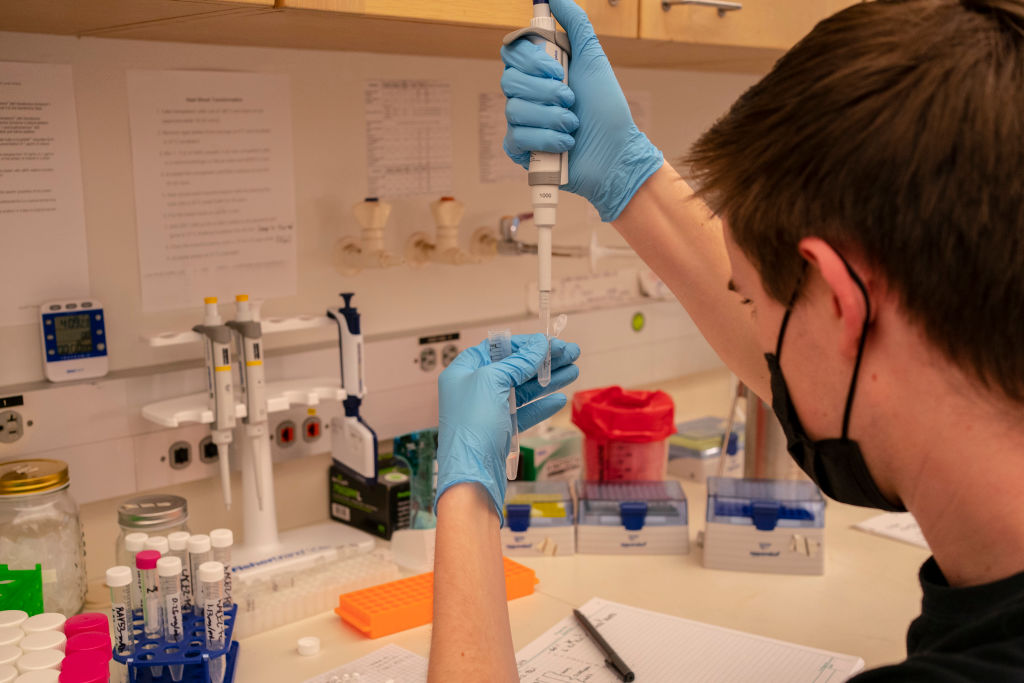Long COVID Linked to Low Cortisol Levels, Reactivation of Old Virus
ADF STAFF
Weeks or months after they recover from COVID-19, about a quarter of those infected still are struggling with a wide range of symptoms. This persistent illness that has become known as long COVID includes symptoms such as fatigue, body aches, circulatory problems and “brain fog.”
The precise cause of long COVID remains a mystery, as does the proper treatment. Scientists have found that long COVID can be associated with microscopic blood clots and that it shares many characteristics with autoimmune disorders such as lupus.
A new study examined the blood of long COVID patients and found two potential causes: low cortisol levels and the reactivation of a common virus lingering in the patients’ bloodstreams.
Cortisol is known as the body’s stress hormone. It regulates sugar in the bloodstream and is triggered when a “fight-or-flight” impulse kicks in. Cortisol also helps regulate blood pressure and reduces inflammation.
Low cortisol levels were the most common indicator of long COVID, according to the study. In long COVID patients, cortisol levels are about half those of unaffected people.
The extremely low cortisol levels suggest that something is malfunctioning in the interplay of pituitary, hypothalamus and adrenal glands that controls cortisol, the researchers reported.
The long COVID patients in the study also showed high levels of exhausted T cells, the immune system’s vanguard that responds first to an infection. Many long COVID patients also have overactive B cells, which fight anything that slips past the T cells.
“The bodies of people with long COVID are actively fighting something,” David Putrino, a neurophysiologist at the Icahn School of Medicine in New York City, told Science magazine. Putrino was among the researchers who contributed to the new study.
An ongoing fight against an unknown infection would account for the inflammation and other symptoms tied to long COVID, Putrino said.
Researchers think they may have identified what some long COVID patients’ bodies are fighting: the reactivation of Epstein-Barr virus lingering in their bodies. Epstein-Barr is among the most common viruses in the world. An estimated 90% of adults carry antibodies to it, most having contracted the virus in childhood. Epstein-Barr causes infectious mononucleosis, also known as “mono” or “the kissing disease,” because it spreads through saliva.
Later in life, Epstein-Barr is associated with autoimmune disorders such as multiple sclerosis and lupus, as well as several forms of cancer, including Burkitt’s lymphoma, which is common in equatorial Africa.
Because of those connections, Putrino and research partner Akiko Iwasaki recommend looking at therapies for long COVID that focus on supplementing the body’s cortisol production, using autoimmune treatments to calm the immune system and treating patients for Epstein-Barr infections. One potential treatment is the antiviral drug Paxlovid, which is being used to treat severe COVID-19 or cases in high-risk patients.
“We should be trying these right now,” Iwasaki told Science. “As a basic scientist, of course, I’d like to have all the pieces of the puzzle. But the patients, they can’t wait.”


Comments are closed.